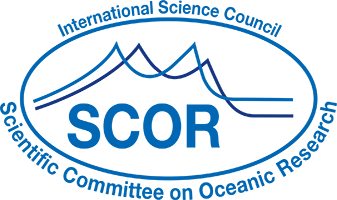A group of 20 early-career scientists representing 11 nations in Latin-America and the Caribbean had the chance to attend a training course on ocean acidification, held on 5-10 September 2016 in Ensenada, Mexico. Led by an international group of highly experienced lecturers, the participants entering the field of ocean acidification obtained a solid theoretical framework and practical hands-on experience needed to set up coherent experiments. Moreover, this capacity building exercise offered the participants networking opportunities for future collaborative projects in Latin America and the Caribbean, including through the LAOCA (Latin American Ocean Acidification) network.
The training course was organized by the IAEA Ocean Acidification International Coordination Centre (OA-ICC) in partnership with the Center for Scientific Research and Higher Education of Ensenada (CICESE) and the Autonomous University of Baja California (UABC). The course also benefitted from financial support from the Programa Mexicano del Carbono (PMC).

Photo: Training course participants. Photo credit: CICESE.
The issues covered by the training course included the carbon dioxide (CO2) system in seawater and relevant measurements; instrumentation available for measuring seawater chemistry parameters; software packages used to calculate CO2 system parameters; and key aspects of ocean acidification experimental design, such as manipulation of seawater chemistry, biological perturbation approaches, and laboratory- and field-based methods for measuring organism calcification and other physiological responses to seawater chemistry changes, including nuclear and isotopic techniques.
For full coverage of the event please see the IAEA OA-ICC news site HERE.





 Please wait...
Please wait...